Thoughts on graduating in a pandemic

Emily is a recent graduate of the University of Notre Dame—where she studied biology, environmental science, and philosophy—and is an incoming PhD student at the University of California, Irvine. In her spare time, she enjoys running and figure skating.
Since I’ve last written, things have gotten worse, not better. The death toll continues to climb. We’ve entered the greatest economic crisis since the Great Depression. Police brutality is at an all-time high. And it’s becoming increasingly obvious that the Trump administration’s handling of the entire situation has been a colossal failure. At this point, any attempt on my part to succinctly summarize the situation will, inevitably, understate the extent and scale of the catastrophe.
Personally, I’m still stuck in my 200-square-foot room in South Bend. While I try to go out for a run or a hike every day, I’m still growing restless from being alone in confinement. Because the rinks will be closed for at least another four weeks, I’ve acquired a rather expensive pair of inline skates and have been attempting to use them. The scars and bruises on my knees and hips are a constant reminder that asphalt isn’t as forgiving as ice.
Looking back I realize that, in all likelihood, I had coronavirus at the end of January—before most people in the U.S. even knew what it was, or what the symptoms were. It began like a mild case of the flu, but quickly developed into shortness of breath, lung congestion, and a nasty cough that lasted for about a month. Some of my classmates had the same exact illness and, at the time, we all just assumed that it was flu. It’s likely that, by the time the university administration decided to switch to online courses, COVID-19 had already spread throughout the campus and infected a significant number of students.
From the perspective of this biologist–who has already, presumably, recovered from coronavirus–observing the pandemic has been a bit like watching a slow-motion trainwreck from afar. From the beginning, it was obvious that many of the government’s containment measures were not based on the best scientific evidence available; nevertheless, many expert opinions were ignored, and thousands of members of the scientific community were forced to simply stand back and watch the disaster unfold. And at this point, the sheer number of COVID-related scientific papers that have been published (or put online as preprints), only to be retracted later, is so absurdly high that even experts are struggling to separate good information from misinformation.
Clearly, the COVID disaster has not been confined to the healthcare system, nor to the economy: by promoting the “stay home, save lives,” mantra, the government effectively shifted the blame onto the American public, resulting in widespread social fallout as (1) upper- and middle-class people stayed indoors, and (2) working-class people attempted to engage in the daily activities necessary to provide for themselves and their families. Those who could afford to quarantine were, supposedly, in the morally superior position; by taking refuge in the relative comfort of their homes, they were less likely to contract coronavirus, and they were also less likely to spread the virus to others. Meanwhile, some members of the working class, who couldn’t afford to self-isolate or miss work, have been accused of ‘selfish’ behavior, or of putting other members of their community at risk. Further exacerbating this class conflict is the fact that working-class people are more likely to be employed as essential workers, and are therefore more vulnerable to infection.
Rather than call out the federal government for its failure to protect essential workers, or provide the working class with a sufficient form of universal basic income, the general public resorted to pointing fingers at those who did not properly follow the new social norms (e.g., mask-wearing, standing six feet apart, not visiting friends). While there were certainly some reported cases of malice (e.g., people intentionally coughing or spitting on others), it’s important to remember that there were (and still are) many good-hearted people who cannot adhere to certain guidelines due to other health issues or safety concerns. For a claustrophobe, wearing a mask may cause a panic attack; moreover, some members of the minority community (particularly Blacks) worried that wearing an object (e.g., a bandanna) over the face could increase the likelihood that they would be the targets of police brutality—-and this concern appears to have been particularly valid, given the violent events of the past few days. Referring to every single person who does not–or cannot–follow all of the guidelines as ‘selfish,’ ‘disrespectful,’ or ‘a Covidiot,’ seems, at the very least, highly unfair. Still, in a society shattered by tragedy and fueled by fear, such negative stereotypes will inevitably arise and persist.
As police brutality against Black Lives Matter protestors continues to escalate, it’s becoming increasingly obvious that, far more than any other group, the Black community has suffered disproportionately from the COVID crisis and resulting social fallout. Due to decades of environmental racism, Blacks are more likely to be exposed to air pollution and, therefore, more likely to have pre-existing conditions (e.g., asthma, COPD) that leave them more vulnerable to COVID; the fact that Trump’s EPA has used the pandemic as an opportunity to lift air-pollution restrictions has only worsened these inequalities. At the same time, some of the proposed guidelines regarding the rationing of medical supplies have been inherently racist, encouraging medical practitioners to reserve critical supplies for those deemed “more likely to survive,” and to avoid giving these critical supplies to those with pre-existing conditions (many of whom are Black). Combined with the fact that Blacks are more likely (than whites) to be employed as essential workers, these factors have coalesced into the perfect storm, resulting in a disproportionately high death toll for Black Americans. Now, as the Black community fill the streets of major cities, fighting for their freedom from state-sanctioned violence, the virus has even more opportunities to spread amongst an already-vulnerable population.
In the midst of all this tragedy and chaos, I somehow managed to finish undergrad. Although the in-person graduation ceremony has been rescheduled for next year, the university still hosted an online “degree conferral ceremony” a couple of weeks ago. Under the mistaken impression that such an event would involve 2000+ people in a Zoom room, I put on nice clothes and makeup. I was sorely disappointed to discover that this “live event” was nothing more than a livestream with green screens, and that no one would actually “see” me receive my degree. The highlight of the event was a speech by the university president, in which he announced that the university had accepted more than $42 million in funding from the pharmaceutical company [1] that, beginning in 1931, published a series of misleading studies regarding the safety and efficacy of the preservative thimerosal, contributing to the (still ongoing) debate over vaccine safety. Sigh. Somehow, after five years at this university, I’ve reached the point where the moral failures of its administration no longer amaze me.
While graduating in isolation has certainly been a bizarre experience in a number of ways, it’s given me ample time to reflect on the whirlwind that has been the past two years of my life. In the spring of 2018, when my biggest responsibility was counting algae in an antiquated underground lab, I just naturally assumed that I would continue working in the biological sciences, perhaps conducting field research in some remote and serene location; since then, a dramatic cascade of events has, rather abruptly, led me to switch career paths. It suddenly appears that—despite the fact that I didn’t even go to high school—I’m headed for a career in one of the most intellectually rigorous sectors of academia. My anxiety-ridden brain has been struggling to process this, as well as the related increase in traffic on some of my social media accounts.
I’ve come to realize that all the events of the past 7-8 years of my life, as bad as some of those events were, were necessary to get me to where I am today. Was some of it pretty rough? For sure. Would I change any of it? Not a chance. So, for a brief moment, I’d like to pause and express my gratitude for all of the people in my life—some with good intentions, some with ill intentions—whose actions have shaped my life and career:
To my mother, a firm believer in creation science, and my father, a staunch supporter of the Yucca Mountain Nuclear Waste Repository, thank you. You taught me the importance of never blindly trusting authorities, and of always fact-checking information for myself. You also sparked my interest in evolutionary biology and climate-change science, the two subjects most notably missing from many of my homeschooling textbooks.
To my second academic advisor, who passive-aggressively ignored some of my emails, and once threw me out of a lecture hall—in front of about 200 people—the day before an important exam, thank you. You introduced me to the one influential person who changed my life for the better.
To the lab advisor who repeatedly questioned my capabilities, put me down in meetings, and gave me bad grades in exchange for hours and hours of work, thank you. By ensuring that I would not be able to pursue a career in the biological sciences, you inadvertently redirected me towards a career in academic philosophy.
To the administrators in the College of Science, who forced me to change colleges, take out a significant amount of loans, and earn two degrees—with the knowledge that I would only be awarded one of them—thank you. Because of you, I completed additional coursework that made me an outstanding applicant to graduate school.
And, finally, to the two academic advisors who greatly assisted me; to the aunts, uncles, friends, and teammates who emotionally and financially supported me; and to all of the badass women—in both biology and philosophy—who have guided and inspired me; thank you. You believed in me when I didn’t believe in myself. You helped me fulfill my potential, even when I was at my lowest point. And you convinced me that everything I write is not, in fact, garbage. You taught me to turn my failures into successes, and to view my weaknesses as strengths. For everything you have done for me, and continue to do for me, I am eternally grateful.
Featured Image Credits: Wikimedia
Originally published on the blog strong-minded and vegan-ish by Emily A Hayden.


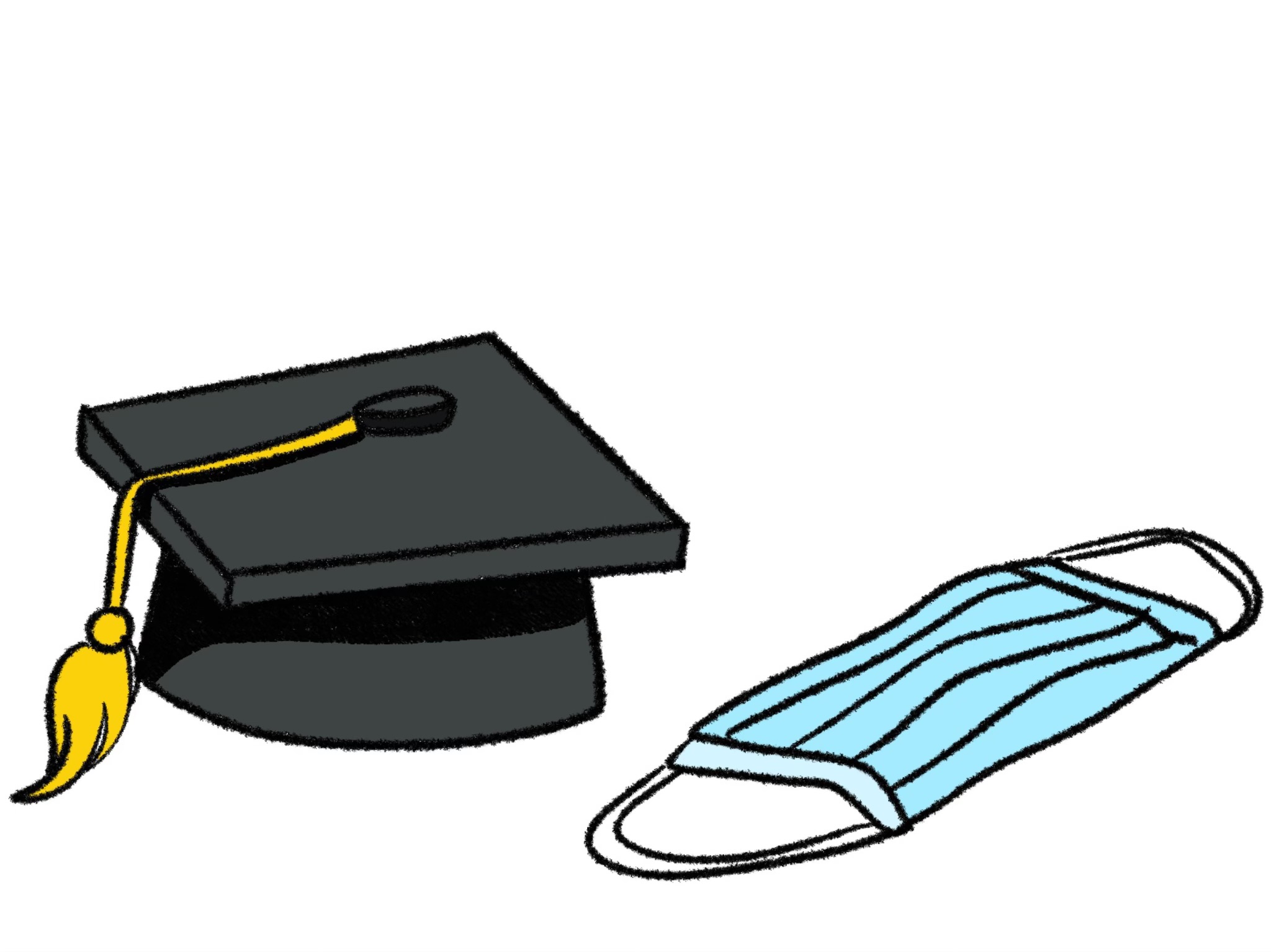
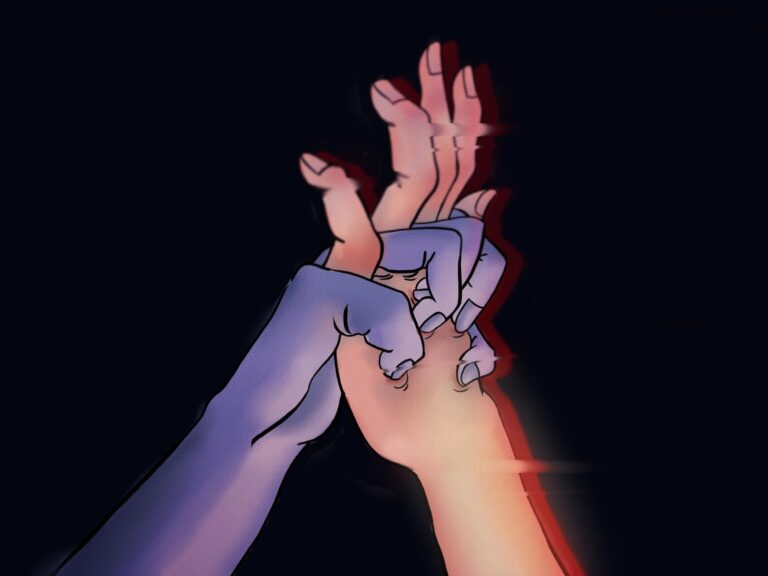
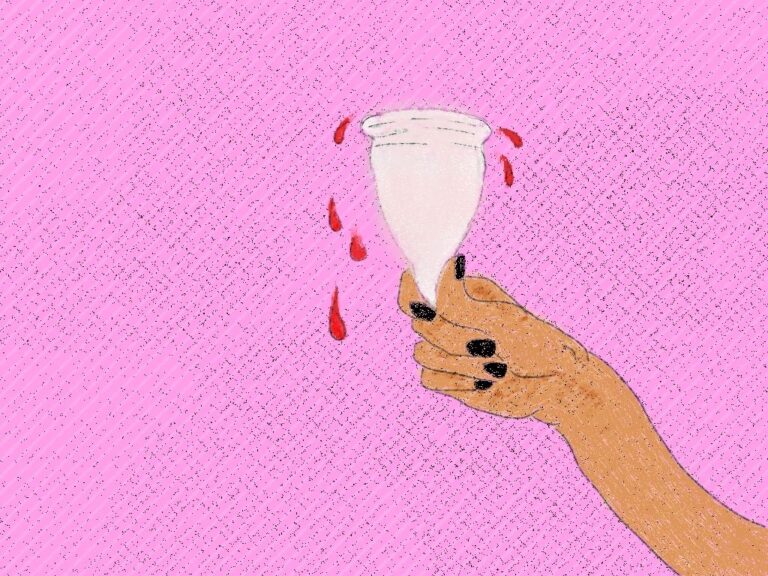
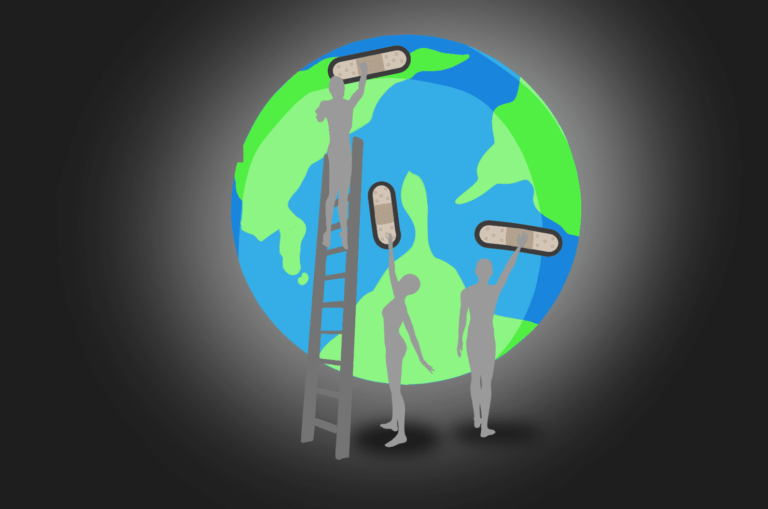
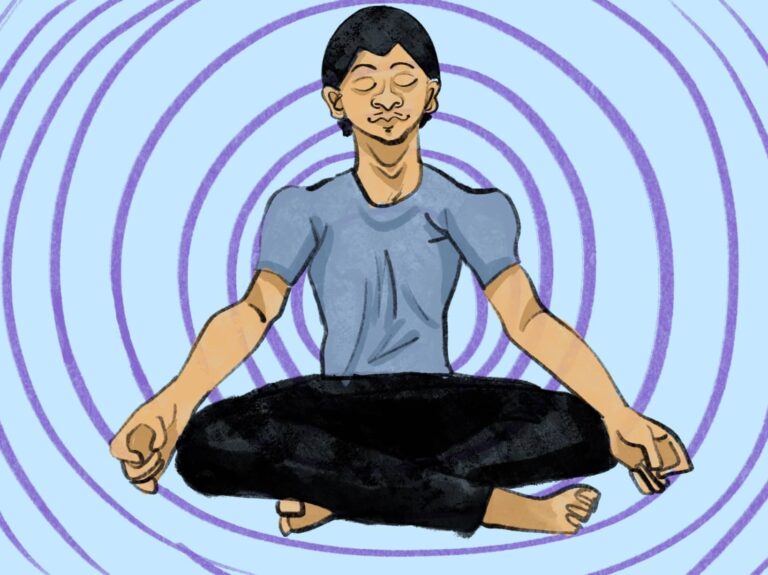
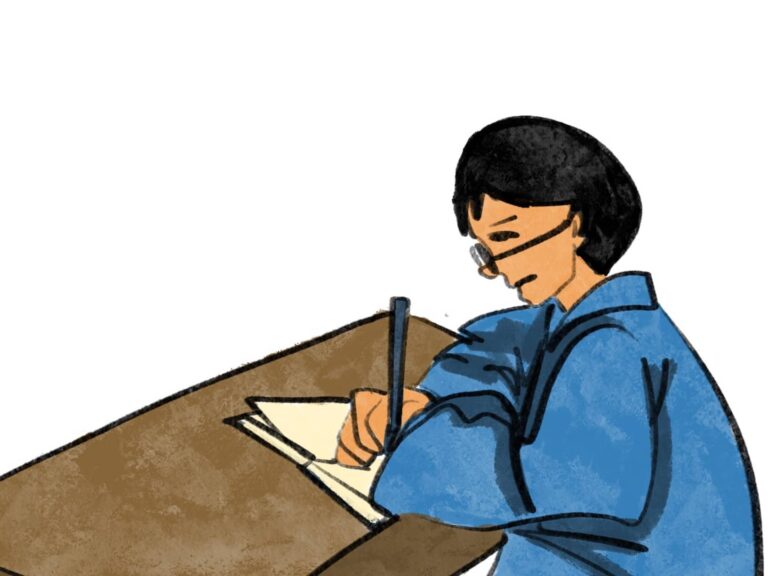
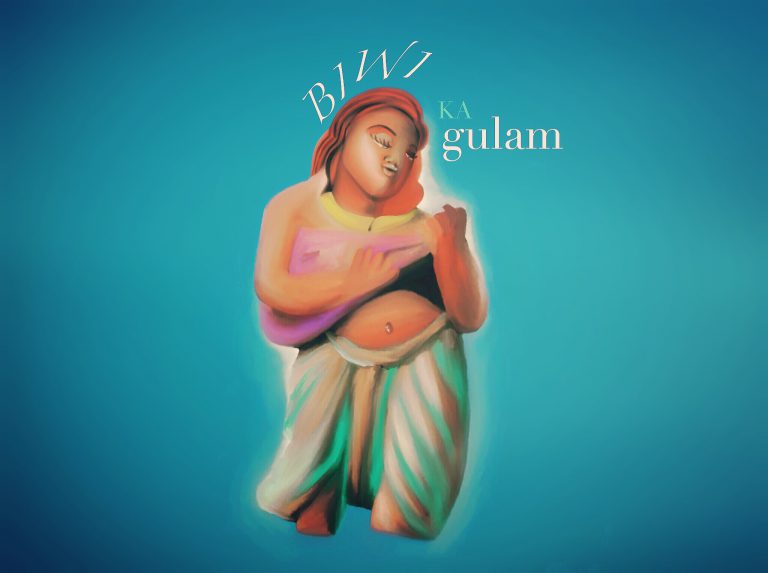
Well written Jayan…
Loved the doggy’s name added in ❤❤